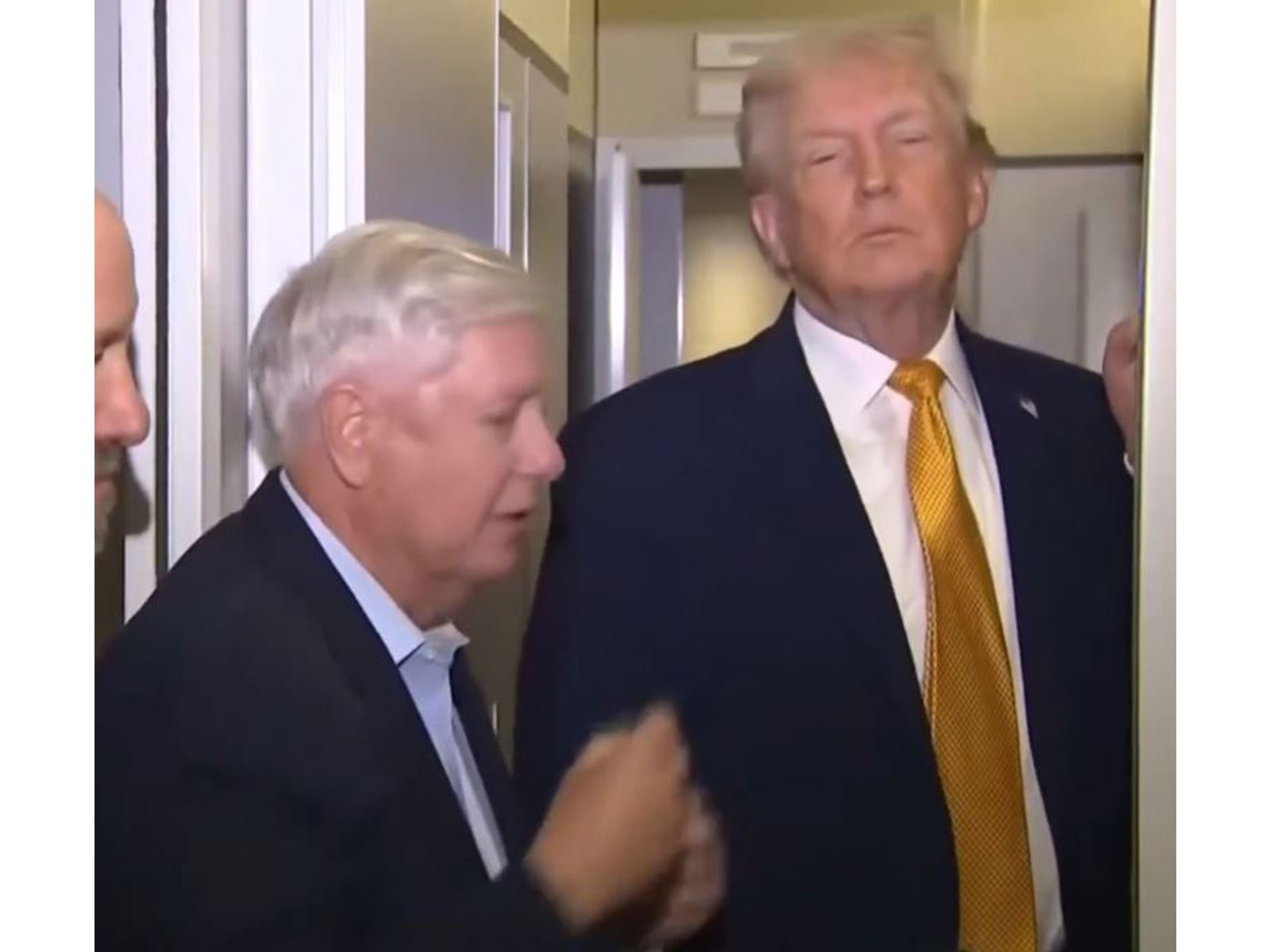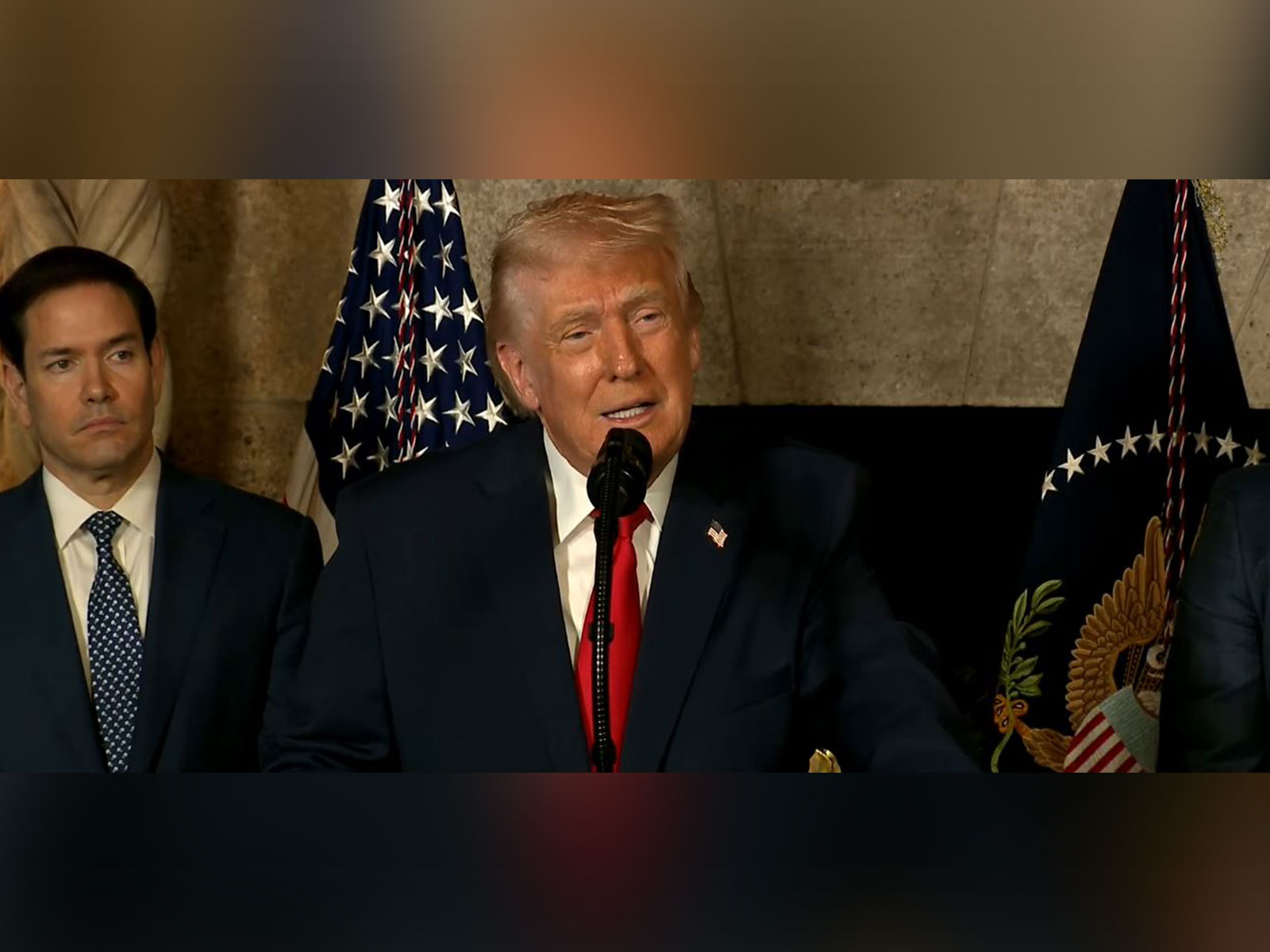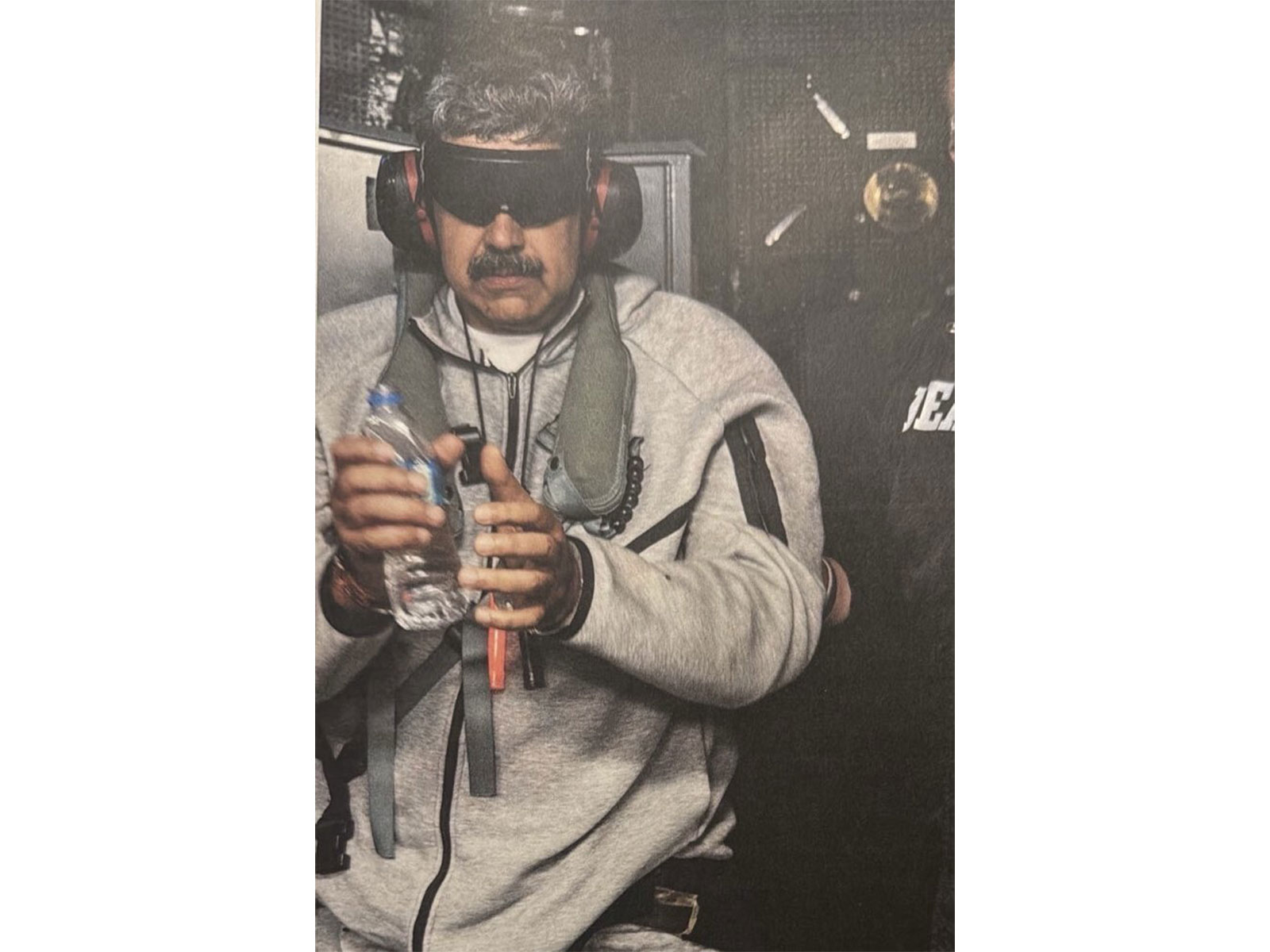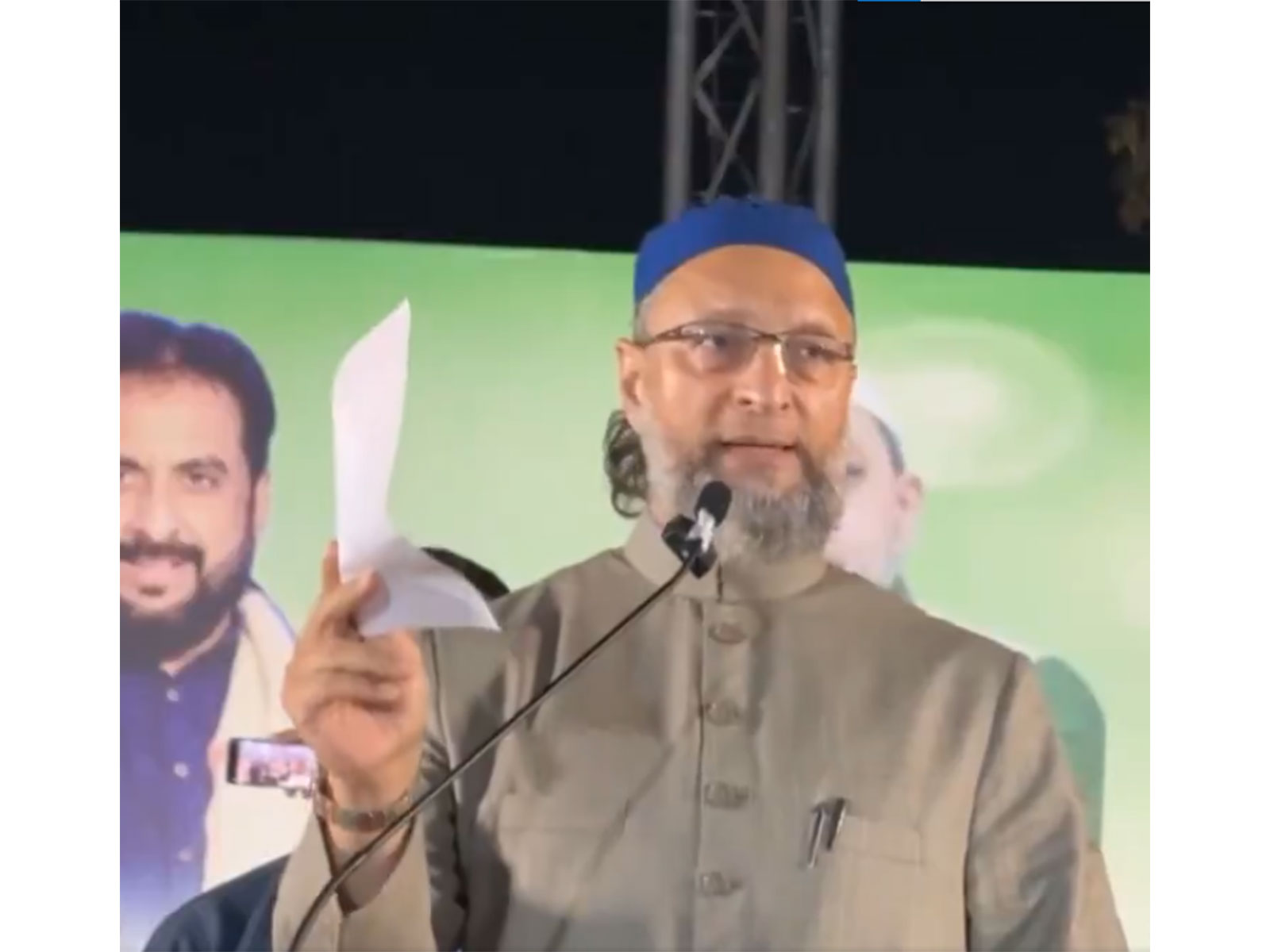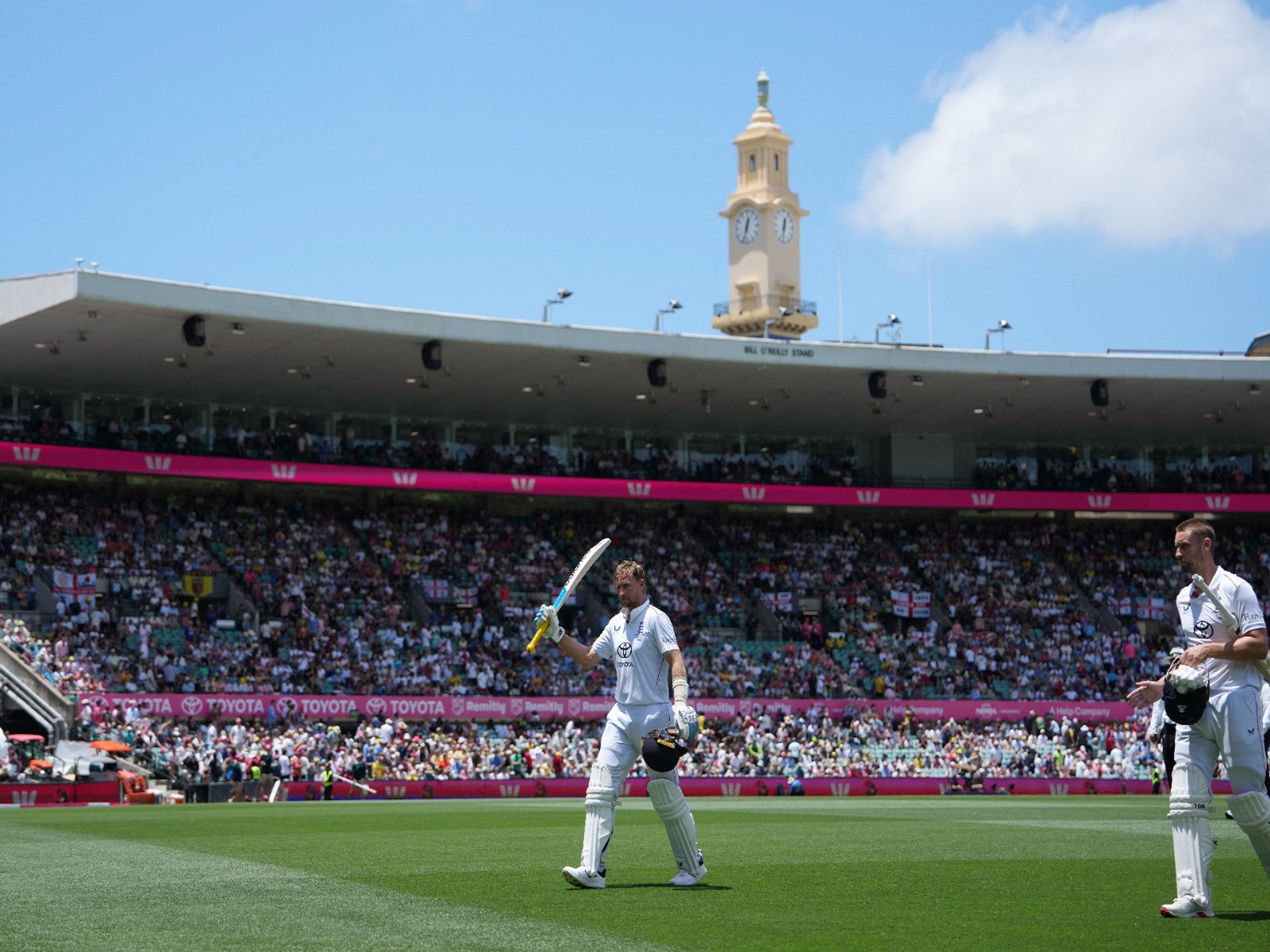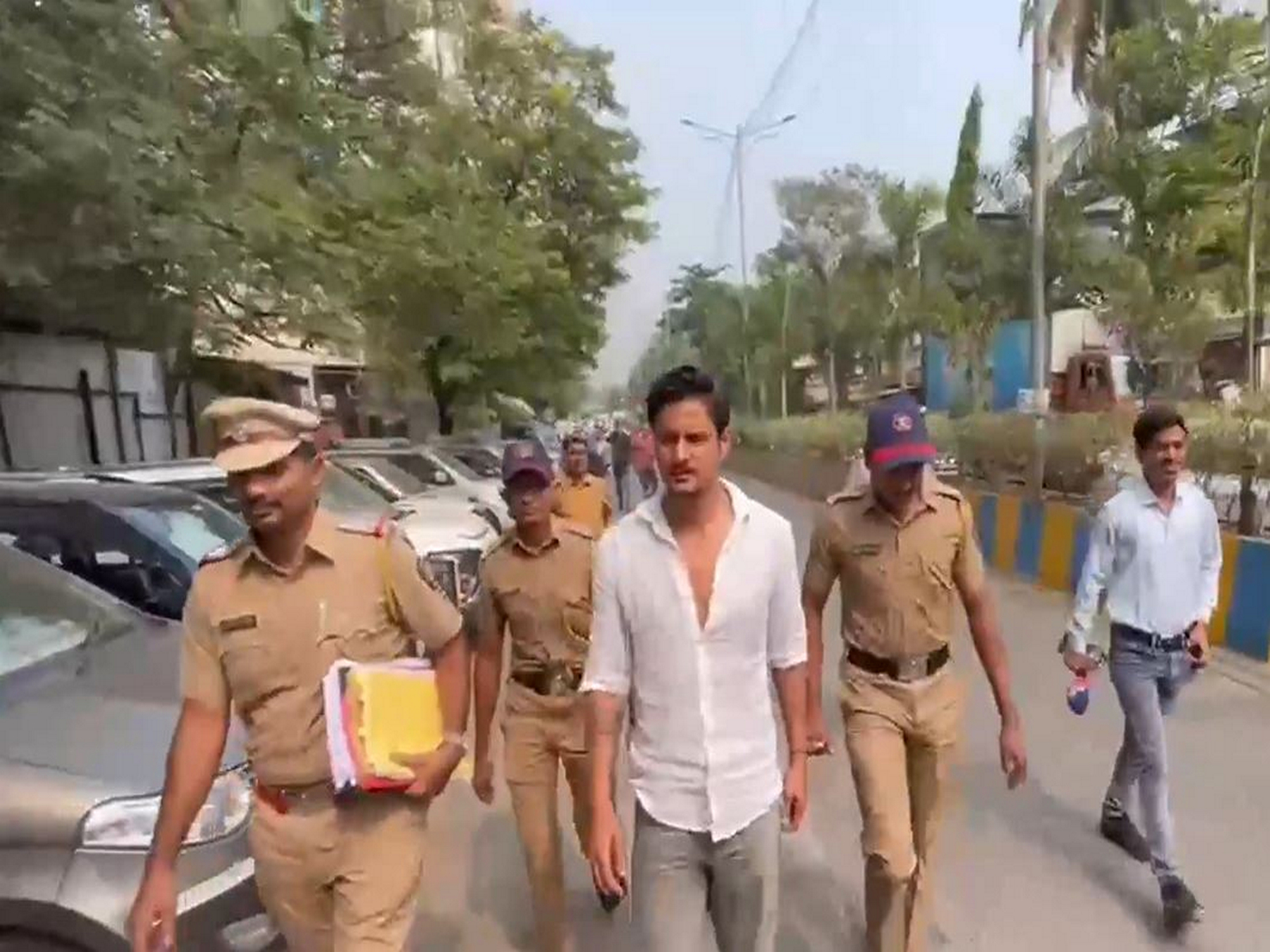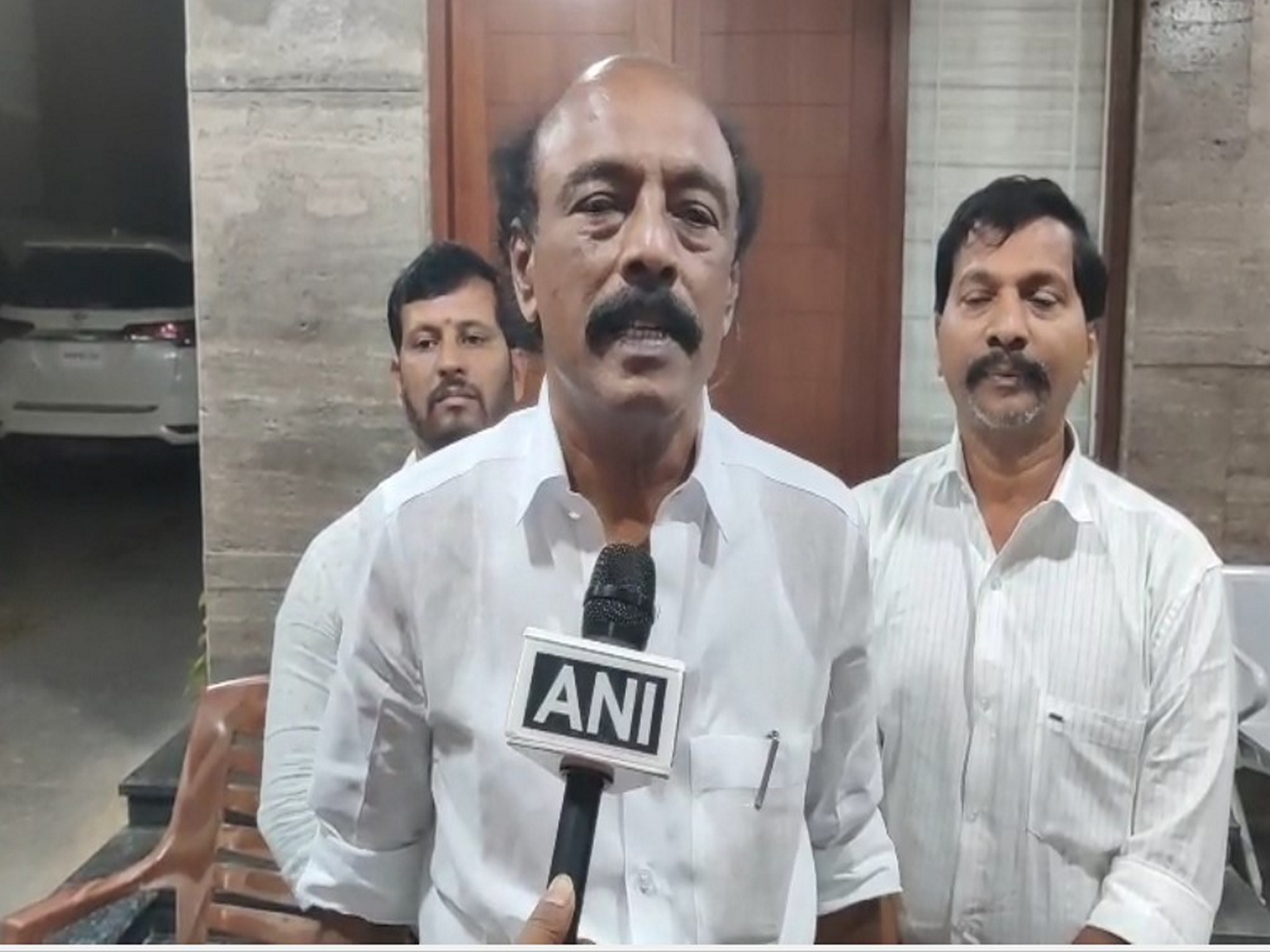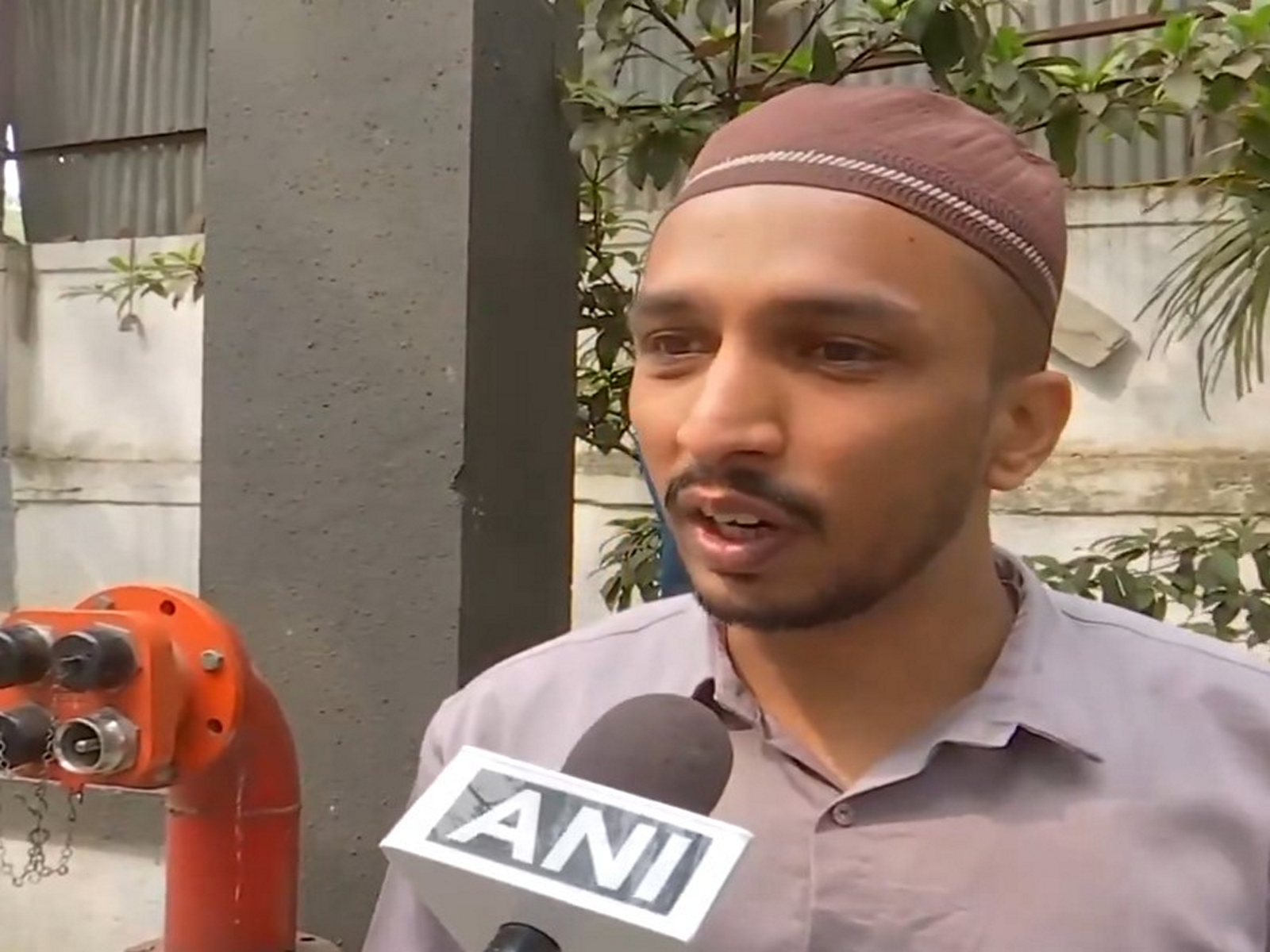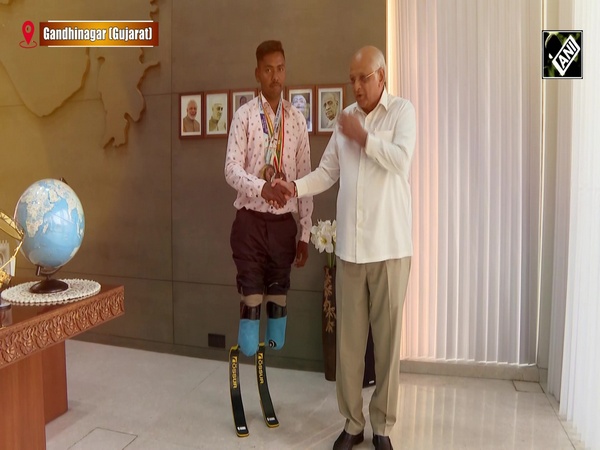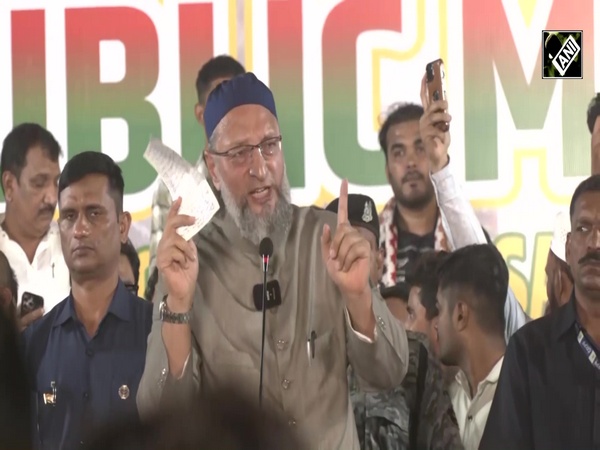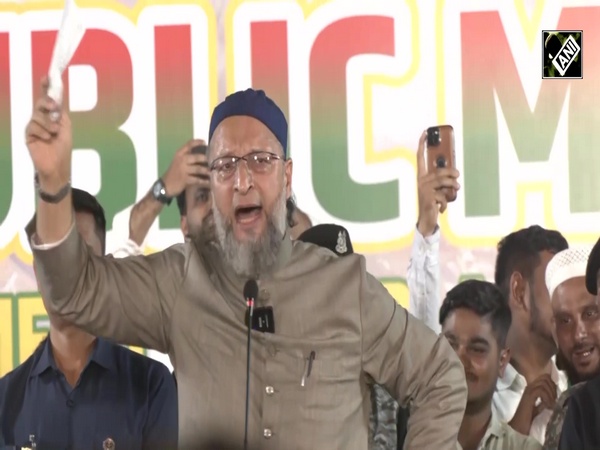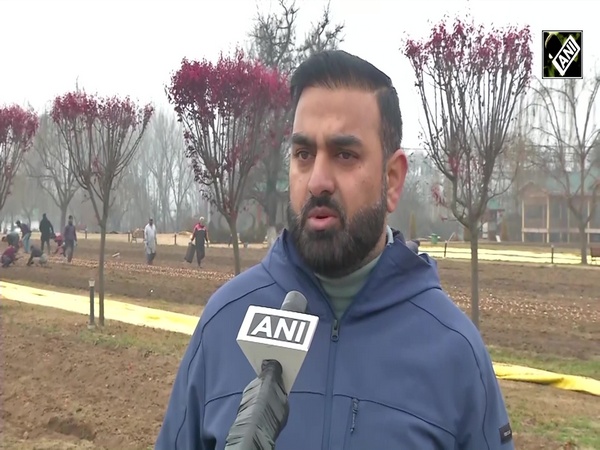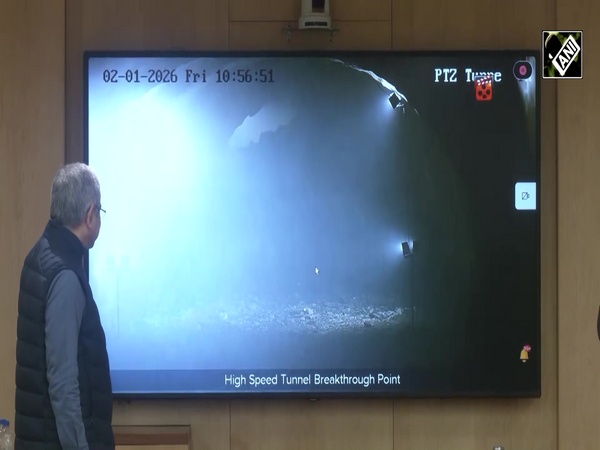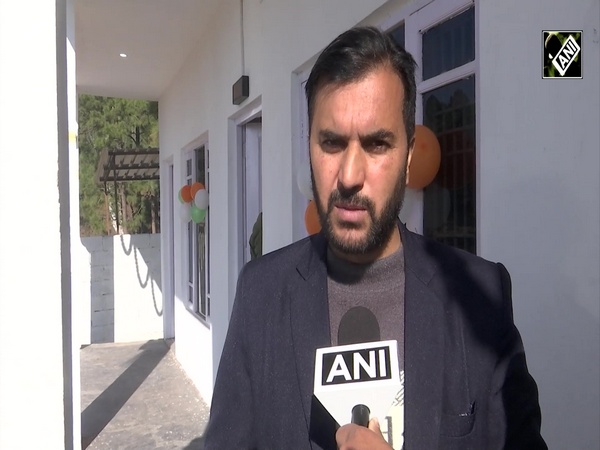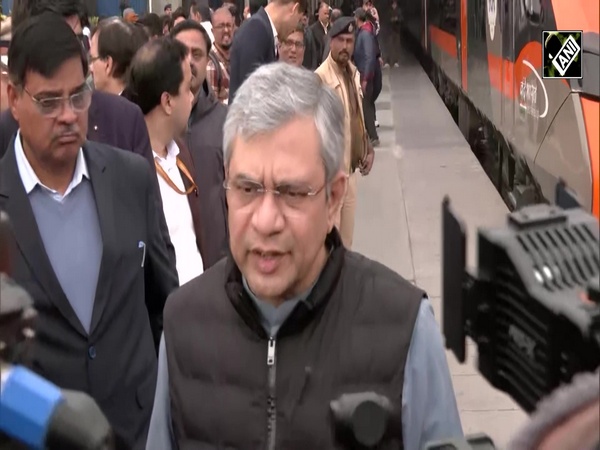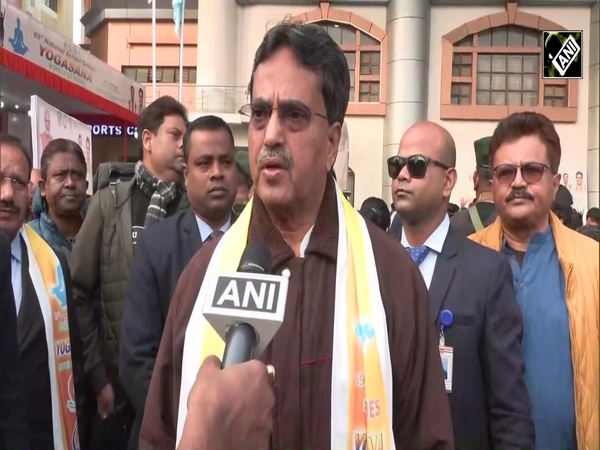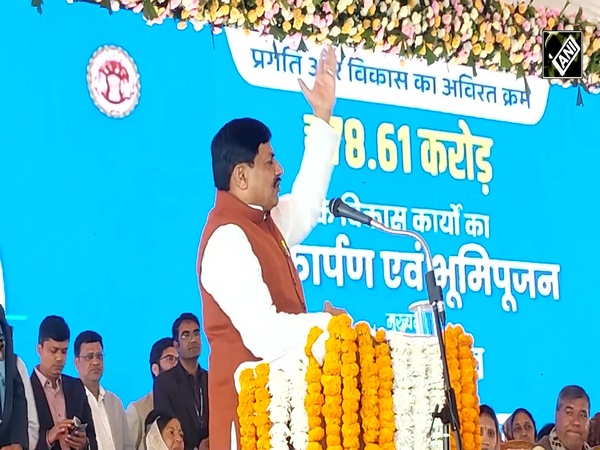"Pact of the Future": India calls for revitalization of UNGA, reform of global governance architecture
Apr 25, 2024

New York [US], April 26 : India on Thursday (local time) called for the revitalization of the United Nations General Assembly (UNGA) and reforms in global governance architecture.
Minister at the Permanent Mission of India to the United Nations, Pratik Mathur, emphasised that India has always been of the view that the UN General Assembly can be revitalised only when its position as the primary deliberative and representative organ of the UN is respected.
"My delegation is of the view that for the revitalization of the General Assembly, the sanctity of the Annual General Debate and its associated elements must be restored...Let us strive to make this reform of global governance architecture that is fit for purpose for the 21st century a reality in the Pact of the Future that we are currently negotiating," said Mathur.
Speaking at the meeting of the Ad Hoc Working Group to discuss the "working methods of the General Assembly", Mathur said that the United Nations General Assembly is the foremost global assembly of nations and its primacy and legitimacy flow from the inclusive nature of its membership and the principle of sovereign equality of all its constituents.
"India has always been of the view that the General Assembly can be revitalised only when its position as the primary deliberative, policy-making and representative organ of the United Nations is respected in letter and spirit. The essence of the General Assembly is in its intergovernmental nature. It is the closest thing to a global parliament," the minister said.
Further, he said that the universal character of the General Assembly and the moral weight of its decisions and opinions cannot be overemphasised.
"As a general principle, the quality of working methods is integral to the efficiency and effectiveness of any organisation," Mathur said.
These need to evolve with time and reflect the necessities of changing circumstances and realities.
Moreover, he stressed that identifying gaps and implementing improvements in the working methods of the General Assembly are important parts of their efforts towards its revitalisation.
Mathur further emphasised that any attempt to improve the working methods should keep in mind that the objective of such changes should be to enhance the role of the General Assembly as the chief deliberative, policy-making and representative organ of the United Nations.
"The essence of the General Assembly is in its intergovernmental nature. It is the closest thing to a global parliament. The success of multilateralism depends on the success and effectiveness of the General Assembly to address the growing number of challenges facing the world that cut across national boundaries and regions," he added.
Additionally, the deliberations in the General Assembly should be inclusive, allowing every member state to take equal part in it.
He added, "At the same time the member states should engage in substantive deliberations in the six main committees that could result in setting new norms without being bogged down by procedural issues."
Mathur further underscored that the agenda of the General Assembly has expanded exponentially over the years and noted that it is important that the GA agenda is made more manageable so that the discussions become more informed and effective.
"However, any streamlining of the agenda of the General Assembly, including that of biennialization, triennialization or elimination of agenda items, should be with the consent of the co-sponsoring State or States," he added.
The General Assembly revitalization process has yielded fruitful results in recent years, which has improved the way elections are held at the UN.
"However, there is room for further improvement as elections that spread over multiple rounds take several hours and become tedious. Modern technologies can help us save the precious time of the General Assembly," said Mathur.
He advised the Secretariat to conduct a time-bound analysis of the current electoral practices, identify gaps and problems, explore other solutions including technologically advanced electronic voting systems and recommend specific suggestions for improvements.
With the proliferation of the agenda of the General Assembly, the Annual General Debate is itself gradually turning out to be one of the several high-level events that take place at the start of each new session of the General Assembly.
He further highlighted that for the revitalization of the General Assembly, the sanctity of the Annual General Debate and its associated elements must be restored.
"Revitalization of the General Assembly must also be seen in the wider context of the overall reform of the United Nations. It is our firm belief that the urgent and comprehensive UN reform, including of the Security Council, is imperative to make it reflective of current geopolitical realities and enhance its capability to meet the increasingly complex challenges of our time," the minister added.
